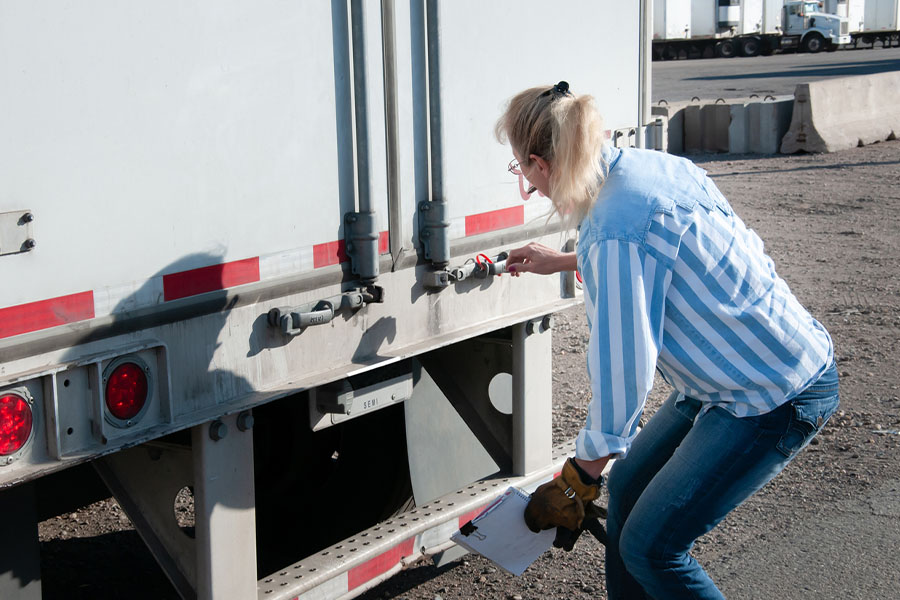March 21, 2024
What to Do About the Rapidly Expanding Crime of Cargo Theft

Documented strategic cargo theft events increased 430% year-over-year in 2023, according to CargoNet, a cargo industry publication.
Much of the increase has been due to ongoing shipment misdirection attacks, in which thieves use stolen motor carrier and logistics broker identities to obtain freight and misdirect it from the intended receiver.
Strategic cargo theft groups have widened their preferred commodity targets to include truckload shipments of metal like copper, brass and aluminum; apparel — especially officially licensed sports apparel; and shipments of personal care and beauty products, the company said.
Thieves continue to pioneer new methods of strategic cargo theft seeking to evade compliance practices used by logistics brokers.
Strategic cargo theft groups have shown keen interest in perpetrating fraud against small motor carriers or owner/operators with intent of hijacking their accounts or convincing them to solicit shipments from logistics brokers on their behalf, according to CargoNet.
Cargo Theft by State
While thefts occur in nearly every state, a few stand out as the biggest targets for cargo theft. The top 10 states are:
- California (1,770)
- Texas (1,255)
- Florida (921)
- Illinois (712)
- New Jersey (468)
- Georgia (438)
- Alabama (214)
- North Carolina (204)
- Indiana (192)
- Missouri (181)
Companies that lose product due to theft face the cost of the lost load, the effort of recovery and increased insurance premiums and deductibles.
But the problem with cargo theft isn’t necessarily the amount of what is stolen, but what is stolen. Common targets include food, beverages, and pharmaceuticals. Unfortunately, those stealing such products don’t care about expiration dates. As a result, consumers could be getting expired food or drugs, both with potentially terminal impacts.
In 2016, a theft of a truck carrying beef was intercepted on its way to a black-market sale to a restaurant in Dallas, Texas. Stolen food and drugs are often sold online to small “mom-and-pop” shops placing unsuspecting customers at risk.
To limit the impact of such theft on your transportation company, the NICB recommends organizations to:
